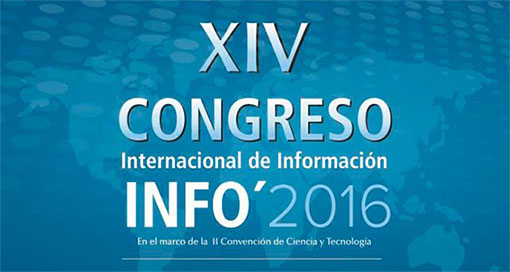
International collaboration in the creation of knowledge is responsible to change the structural stratification of science having profound implications for the governance of science. Analysis of collaboration in Latin American and Caribbean countries is of particular significance, because initiatives are often the result of “research-for-aid” arrangements, generally based on North–South asymmetries. However, collaboration for mutual benefit and excellence has gained increasing acceptance, with “partner” selection becoming a strategic priority to enhance one’s own production. The general aim of this study is to quantify the benefit rate in visibility and impact of scientific production in the field of N&N bearing in mind the different types of output (total, in leadership, excellent, and excellent with leadership) of the six main producers of knowledge in N&N in Latin America in the period 2003-2013. More specifically we aspire to visualize the networks of international collaboration in a given country (ego-network) to represent the difference between the citations received per type of output, and identify the associates with whom a country has greater potential and capacity to generate knowledge of high quality, as well as the differences existing in terms of visibility depending on the type of production analyzed. In short, we wish to determine the benefits of such collaborative efforts. In this way we could respond to questions such as: a) With which countries is collaboration established? and b) With which collaborating countries are the greatest volume of citations per document obtained, according to the type of output..